Is a crime against humanity at risk of unfolding in South Africa? Elon Musk, the Pretoria-born billionaire who owns X (Twitter) and Tesla, fears that there might be. Earlier this year, he wrote that he’d heard of calls for “a genocide of white people” in his former homeland. Musk isn’t alone in his concerns. Steve Hofmeyr, a South African singer with a cult following, thinks that the “g-word” is an appropriate way to describe what is unfolding: “If you think that the slaughter of South African farmers is not genocide enough, ask them about their land, language, religion, education, universities, heritage, monuments, safety, dignity and the race-based regulations imposed upon them and their children.” Donald Trump voiced a similar concern when he was in the White House. In a tweet that caused a diplomatic bust-up between South Africa and the United States in 2018, Trump referred to the “large-scale killing of farmers.” The government in Pretoria labeled his claim ridiculous, but was Trump right about what is unfolding?
In South Africa, it’s a delicate topic. What is beyond doubt is that white farmers, who often live on large properties far from their neighbors or the nearest town, are seen by some as easy targets. The number of killings is worrying. Last year, there were more than 300 farm attacks and fifty murders. A particularly horrific incident in Mpumalanga, in the east of the country, happened in July: seventy-nine-year-old farmer Theo Bekker was bludgeoned over the head with an iron bar. His throat was slit and he bled to death. Bekker’s wife, Marlinda, was tied up and had a bag pulled over her head. Even when victims survive — as Marlinda did — the level of violence in these attacks can be ferocious. Torture and rape are common. Afrikaans Bibles have been left open on dismembered bodies.
Theo Bekker was bludgeoned over the head with an iron bar. His throat was slit and he bled to death
All too often, the timing of these attacks is no accident. Gangs — some high on drugs and alcohol — have been known to turn up at remote farms, armed to the teeth, often late in the month when employers have wads of cash in their homes ready to pay workers. It is unlikely to be a coincidence that the attack on Bekker’s farm took place on July 30.
Farmers are understandably afraid, but does what is happening in South Africa amount to a genocide? South Africa has the third-highest murder rate in the world, well ahead of Colombia and Mexico. The UK, with a similar population, has around 700 homicides a year; South Africa can log 450 in a week. Some of these victims are white farmers, but they are far from the only ones losing their lives at the hands of violent criminals. For every hundred murders, just fourteen of the targets are women, eighty-one are men and five are children. Overwhelmingly, murder victims are young black men killed by other young, black men. Whites make up around 8 percent of the population and are the victims in roughly 2 percent of murders. Poverty, rapid urbanization and vast numbers out of work have created a toxic situation that has given rise to crime, but not genocide.
Based in Washington, DC, Genocide Watch is the world’s early warning system. It was founded in 1999 by Dr. Gregory Stanton, a professor of human-rights law, who says that “for all the tragedy of farm murders in South Africa, there is no evidence of a planned extermination.” There are instead, “opportunistic crimes,” sometimes acts of revenge by workers who are owed wages or feel aggrieved with their employers. Or just attacks carried out by thugs out for money.
“We have studied this for many years,” Stanton said, “and I’ve done research on the ground in South Africa. The numbers show us that white people, urban or rural, are much safer than their black counterparts, and less likely to end up on a slab at the coroner’s office.” Farmers he said, “are often vulnerable, isolated and easy targets, but that doesn’t make it genocide.”
The Democratic Alliance is the official opposition with the second-most seats in parliament after the ruling African National Congress. DA shadow minister for Agriculture, Land Reform and Rural Development, Phineas Masipa, agrees with Dr. Stanton’s findings, but says there needs to be an investigation into all rural deaths, including farmers and the black workers and security guards often attacked by the same gangs.
“No matter how we label this, a perception that farmers and their staff are not safe could deter the next generation of growers,” he said. “This raises a concern around food security on a continent vulnerable to hunger.”
White farmers in South Africa can hardly be blamed for feeling unsafe, but there’s scant evidence of murder and robbery being necessarily linked to skin color. In an already violent country, the cost of living is soaring and tensions have been worsened by an influx of migrants from the rest of Africa, millions of whom have moved to Johannesburg, Durban, Cape Town and even the remotest hamlet in search of work. These newcomers are typically from neighboring states, like Zimbabwe and Mozambique, but also from Zambia, Malawi, Nigeria and even Pakistan and Bangladesh. Their presence has pushed up rents in the crowded townships where seven or eight black youths, often unemployed, might share a shack the size of a bathroom. Foreigners, they say, make it even more difficult to find a job.
With an election due in May, and the ANC behind in the polls, police and immigration officials have started rounding up those without papers for deportation. It’s a popular move, but critics say they have seen the ruling party doing this before and that, when voting is over, the crackdowns will stop.
In the past year, there have been attacks on trucks taking freight to the port city of Durban with mobs torching vehicles they say are driven by foreigners. Drivers are beaten and chased away, and the highways are closed for hours while police clear the mess.
Dr. Stanton says this is a smoldering fuse. “In any country, one death is too many and we must not ignore the plight of white farmers. But there are worrying reports about xenophobia against black migrants. The first step towards a genocide happens when people are labeled as ‘the other’: different, dangerous and alien. China is doing it now with the Uighur Muslims.”
Stanton believes the problem has several causes. “Oppressive governments in other parts of Africa have forced many into exile. The South African authorities have done little to stem the inflow, and unemployment has resulted in a level of misery among the youth that is hard for people in Britain or America to comprehend. This, in turn, has unleashed the resentment against foreigners.”
He said it was a situation the United Nations and human-rights groups should be watching closely. But, all too often, the response of such organizations is simply silence. Meanwhile, there’s no sign that the rate at which South Africans are being murdered — some white, but overwhelmingly black — will slow anytime soon.
This article was originally published on The Spectator’s UK website.



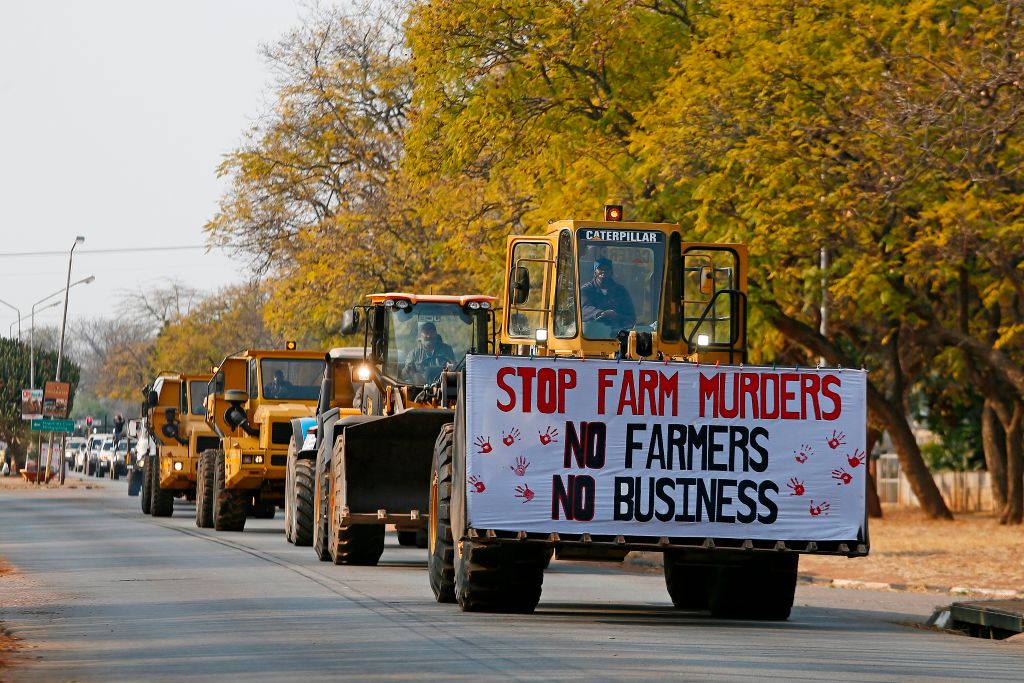








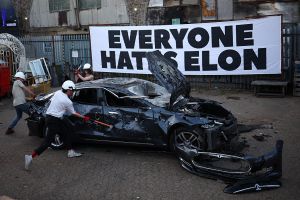

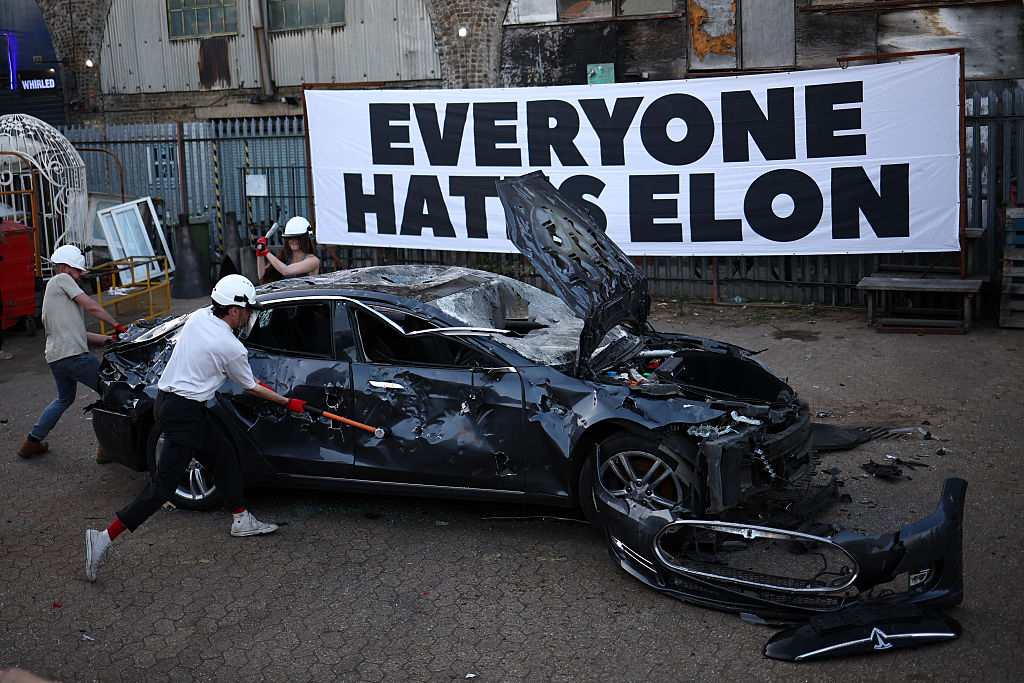
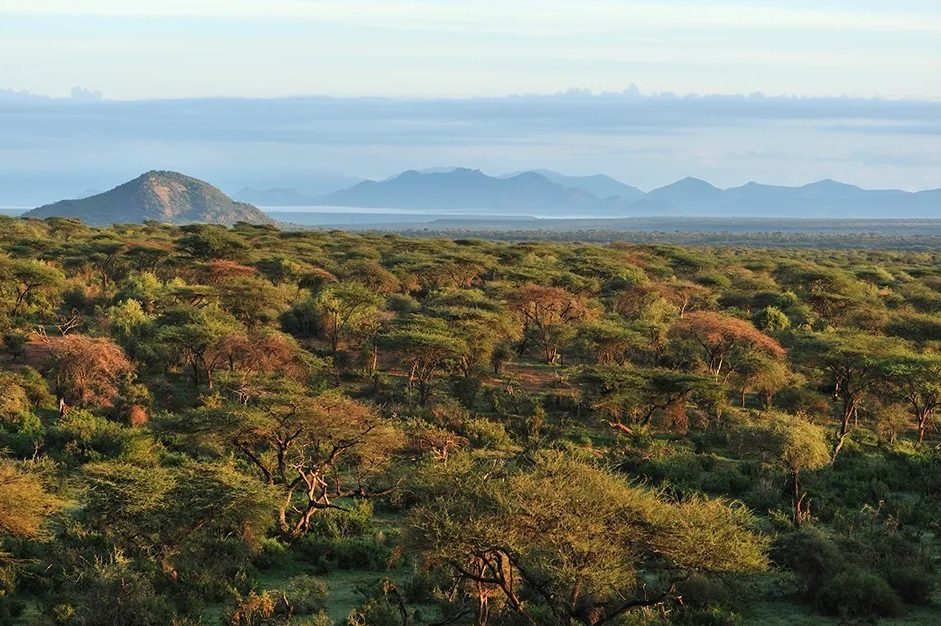

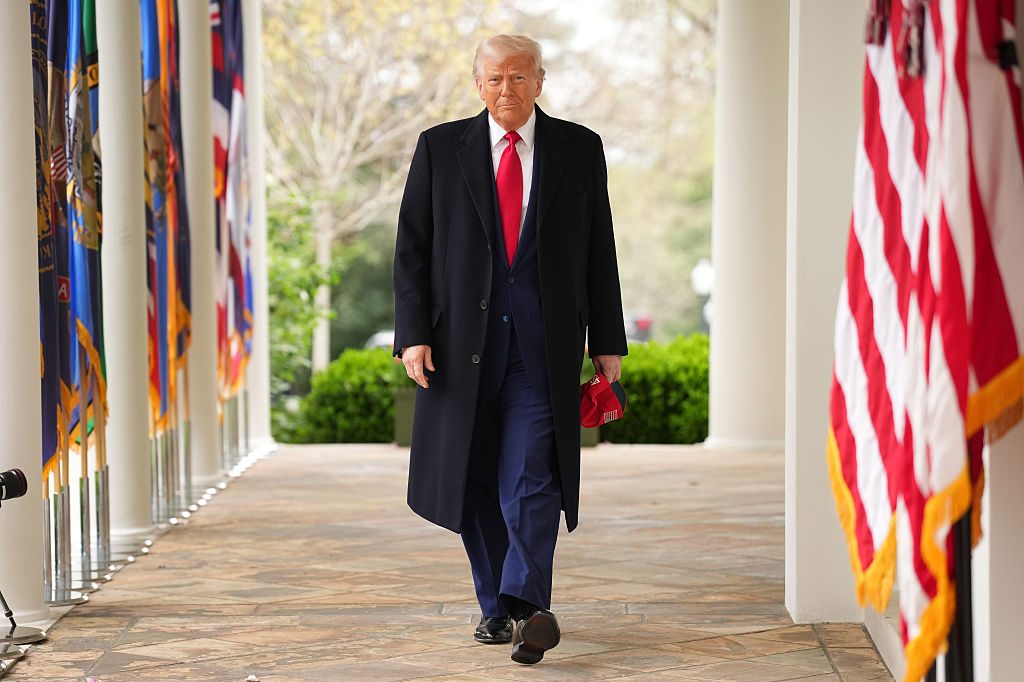
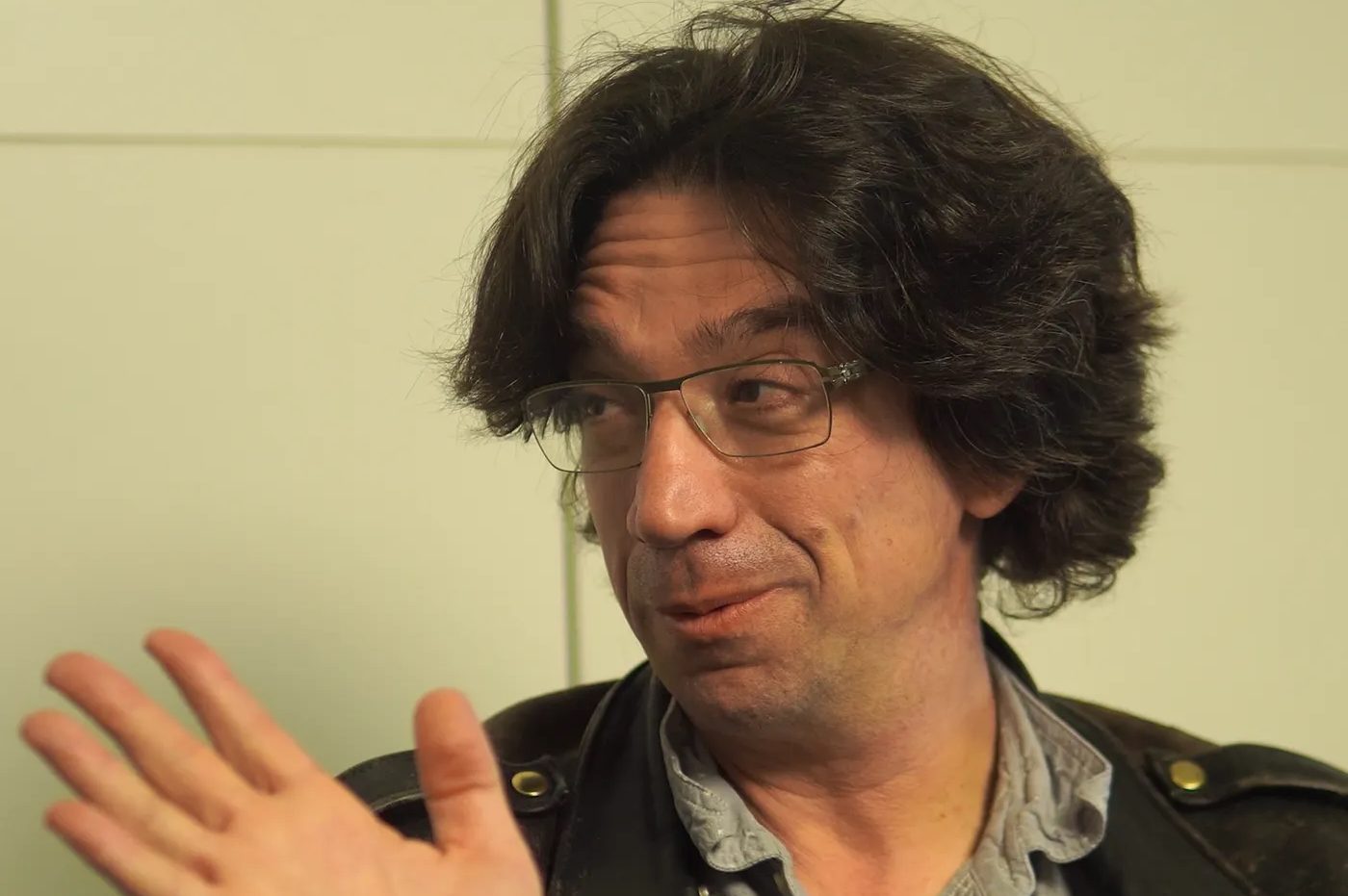







Leave a Reply